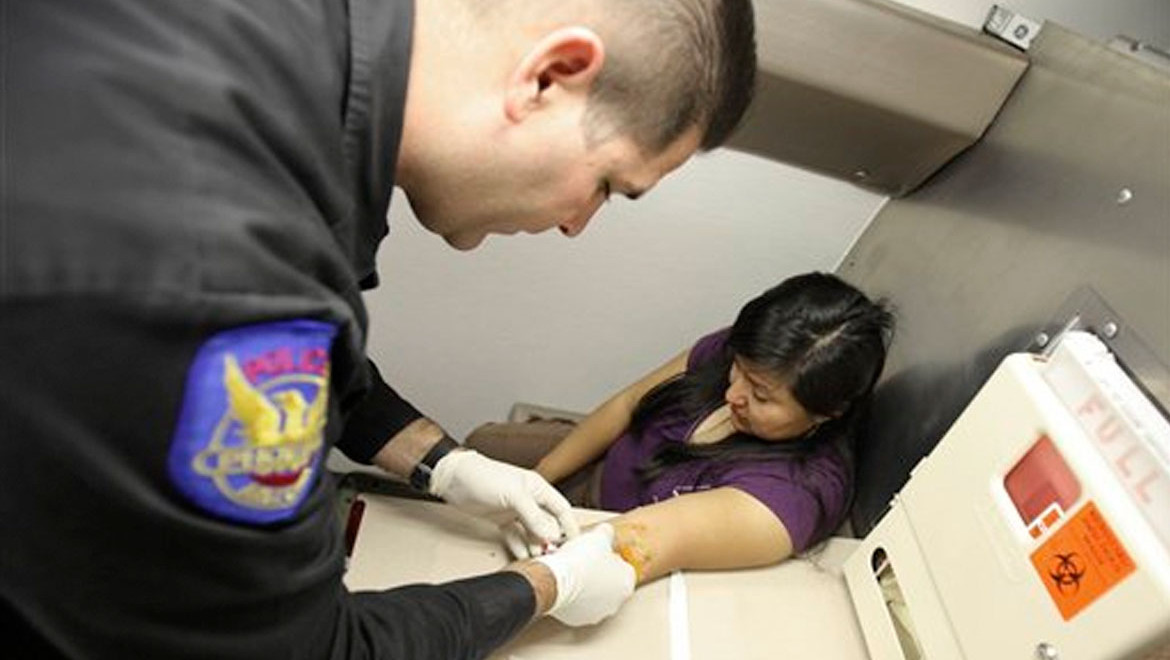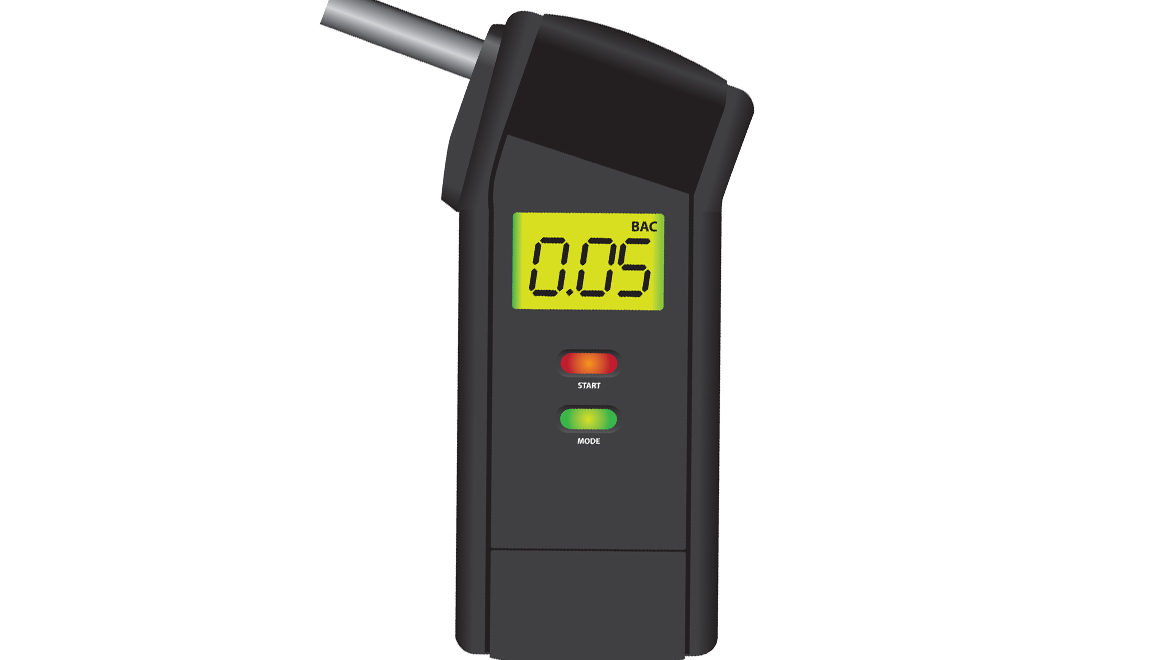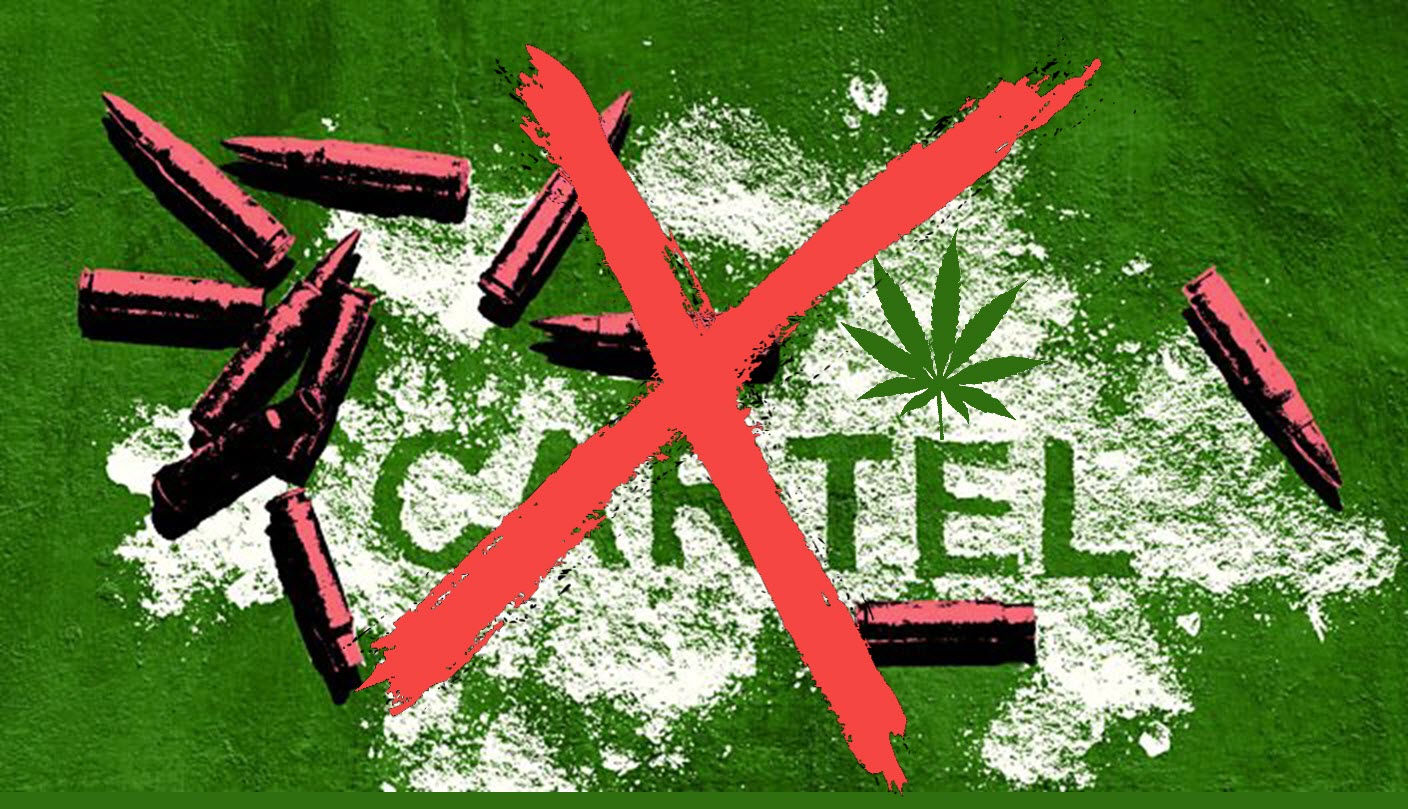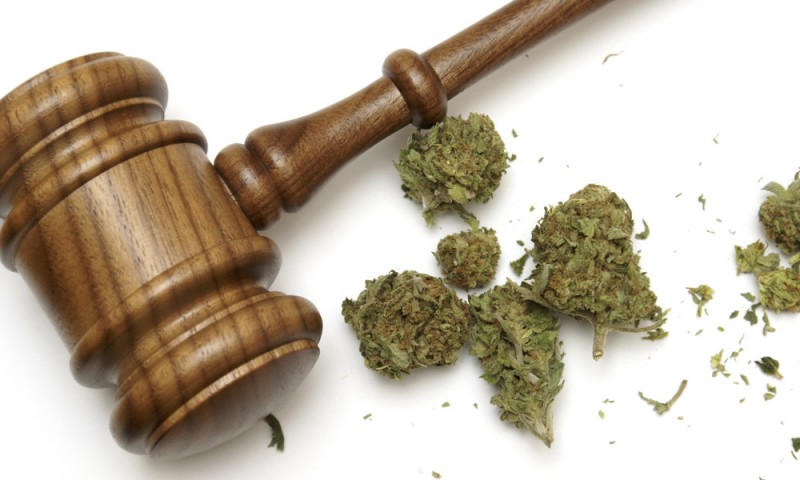
According to a news article from the Chicago Tribune, recent studies conducted by car insurer AAA find that blood tests given to drivers suspected of Marijuana DUI have no scientific basis.
A handful of studies released by the AAA Foundation for Traffic Safety found that drivers can have a low level of THC, the active ingredient in marijuana, in their blood and be unsafe behind the wheel, while others with relatively high levels may not be a hazard. Below are the individual studies accompanied by capsule summaries comprising the effort:
- Prevalence of Marijuana Use among Drivers in Washington State
- An Evaluation of Data from Drivers Arrested for Driving Under the Influence in Relation to Per se Limits for Cannabis
- Cannabis Use among Drivers Suspected of Driving Under the Influence or Involved in Collisions: Analysis of Washington State Patrol Data
- Driving Under the Influence of Alcohol and Marijuana: Beliefs and Behaviors, United States, 2013-2015
- Overview of Major Issues Regarding the Impacts of Alcohol and Marijuana on Driving
- Advancing Drugged Driving Data at the State Level
“If you’ve had marijuana whether it’s medicinal or otherwise, don’t drive,” said AAA Chicago spokeswoman Beth Mosher, “It’s really that simple.”
The studies examined the results of more than 5,300 people nationwide who were arrested for driving under the influence of marijuana, 600 of whom tested positive for THC only, while the others had THC and other substances. This is because marijuana isn’t metabolized by the body in the same way as alcohol. The researchers compared the Drug Recognition Expert (DRE) exam results of 602 drivers that only had THC present in their blood at the time of arrest to those of 349 volunteers that took the test drug-free and sober. Ultimately, the degree to which a driver is impaired by marijuana use depends a lot on the individual, the foundation said.
The data appears confusing because AAA also looked at Washington – one of the first states to legalize marijuana – and found fatal crashes involving drivers who recently used marijuana doubled.
“ In most recent data 1 in 6 drivers who are involved in a fatal crash there had marijuana in there system,” Mosher said. “And as more and more states look at legalizing marijuana we see this as a concerning trend.”
Nevertheless, AAA is sending the message that the legal limits established for marijuana are arbitrary. A handful of states have moved to specify the maximum amount of active THC — the main chemical in marijuana — that drivers can have in their system. But AAA says that doesn’t work.
“We think those are meaningless,” said Mosher. “They are not backed by any science. One person can have one limit of THC in their blood and be significantly impaired and others can have that same limit and not be impaired at all,” Mosher said.
Many in law enforcement and AAA say that officer recognition of impaired drivers is really the only what to determine whether someone is too high to drive. Of course all of this a public safety concerns as pot becomes legal across the country.
Please contact my office if you, a friend or family member are charged with a crime. Hiring an effective and competent defense attorney is the first and best step toward justice.
















